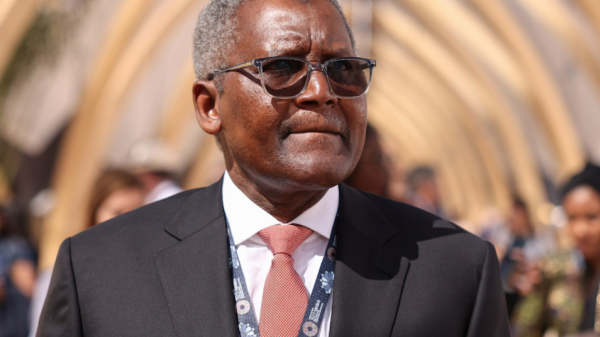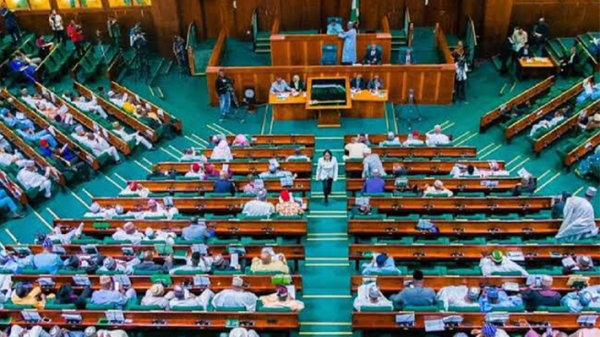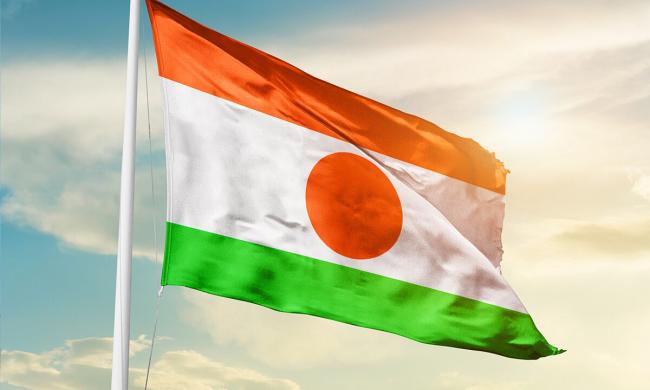The European Union (EU) has recalled its ambassador to the Niger Republic following accusations from the Nigerien government about the handling of €1.3 million ($1.35 million) in humanitarian aid. The funds, distributed to non-governmental organizations (NGOs) in Niger, allegedly bypassed local authorities, prompting the recall.
In a statement on Saturday, an EU spokesperson confirmed the decision, stating, “The EU has decided to recall its ambassador to Niamey for consultations in Brussels.” This development comes after Niger’s military government raised concerns over the aid’s management and demanded an audit of the funds.
On Friday, the Nigerien government accused the EU of distributing the aid without prior notification, escalating tensions between the bloc and Niger’s leadership. The controversy has added to the strained relations since Niger’s military rulers assumed power after a coup in July 2023.
Niger’s authorities have become increasingly wary of Western involvement, particularly from former colonial ruler France and the EU. The Sahel nation’s leaders have been critical of international partnerships they perceive as undermining their sovereignty.
The recall of the EU ambassador is the latest chapter in a series of diplomatic challenges between the European Union and Niger. In September 2023, the EU condemned restrictions on the freedom of movement for its envoy in Niger. According to an EU statement, Ambassador Salvador Pinto Da Franca was obstructed while traveling to the French embassy in Niamey.
The EU cited the 1961 Vienna Convention, which guarantees diplomatic representatives the right to perform their duties without interference, as the basis for its objection. The specifics of the restrictions imposed on the ambassador were not disclosed, but the incident highlighted growing diplomatic friction.
Since the coup in July 2023, Niger’s military rulers have distanced themselves from Western allies and turned to other global players for support. The government’s criticism of the EU and its handling of aid reflects a broader trend of rejecting external influence and emphasizing national control over internal affairs.
The EU’s decision to recall its envoy underscores the challenges of maintaining diplomatic relations in an environment of heightened political and ideological differences. While the European Union remains a significant partner in humanitarian and development initiatives in Niger, the ongoing disputes may impact future collaborations.
As the EU conducts consultations in Brussels, questions remain about the future of its partnership with Niger. The situation highlights the broader struggle for influence in the Sahel region, where international actors often clash with local governments over governance and resource management.
Observers note that the incident underscores the need for clearer communication and mutual respect in handling aid and diplomatic engagements. Whether the EU and Niger can resolve their differences amicably remains uncertain, but the situation serves as a reminder of the complexities of international cooperation in politically unstable regions.

















































































































